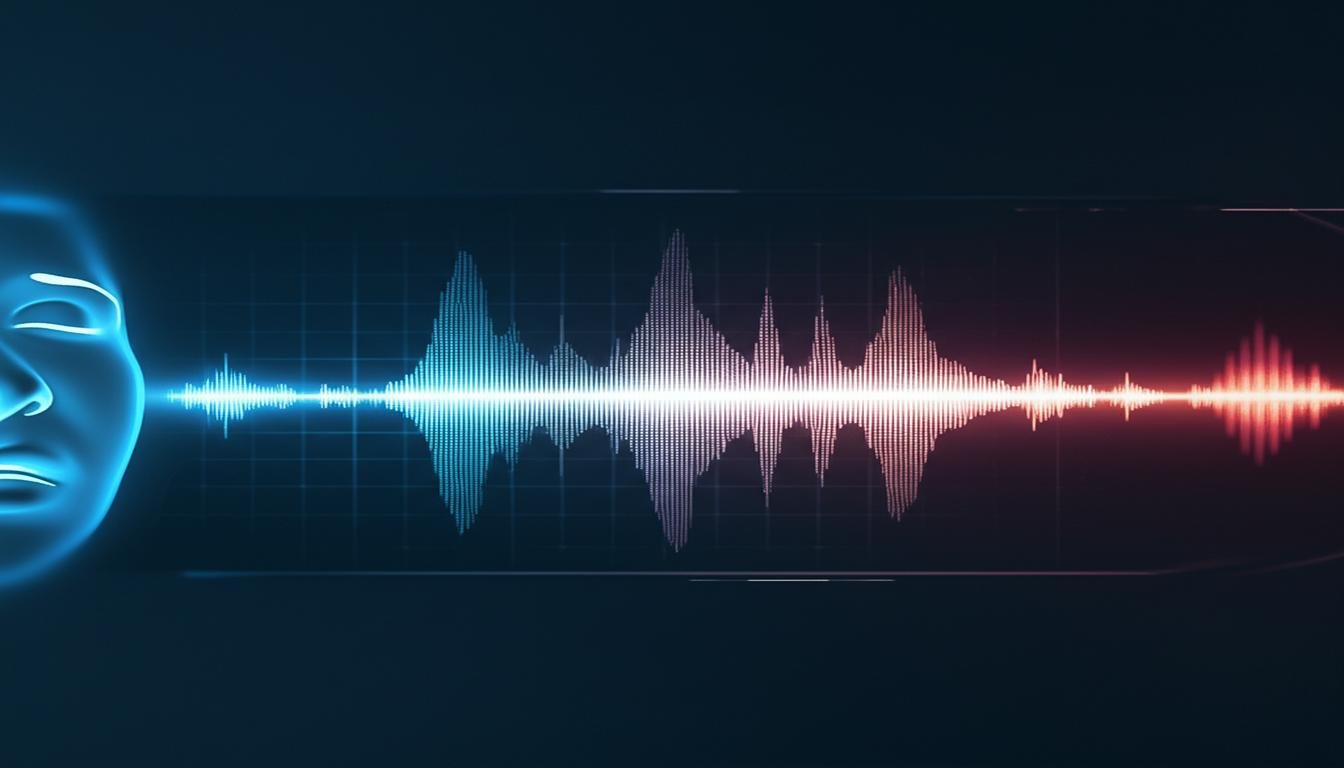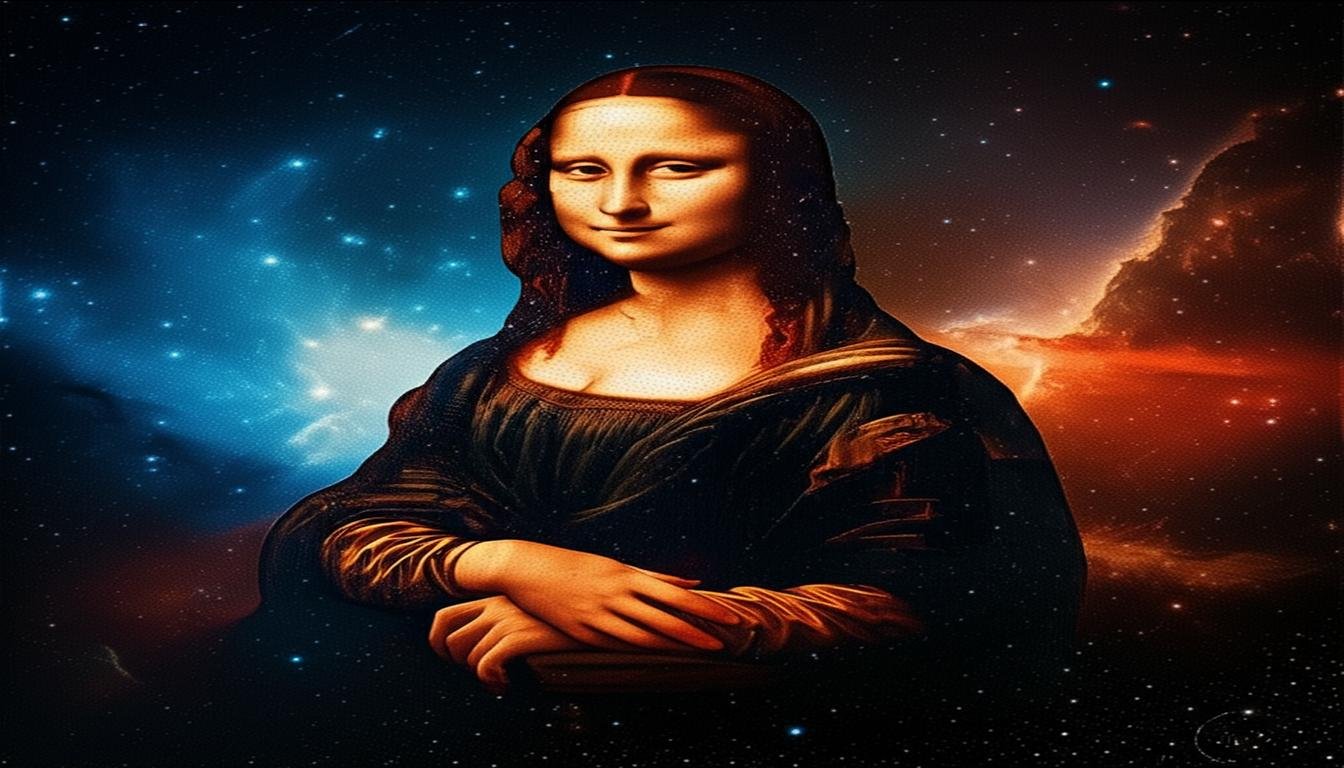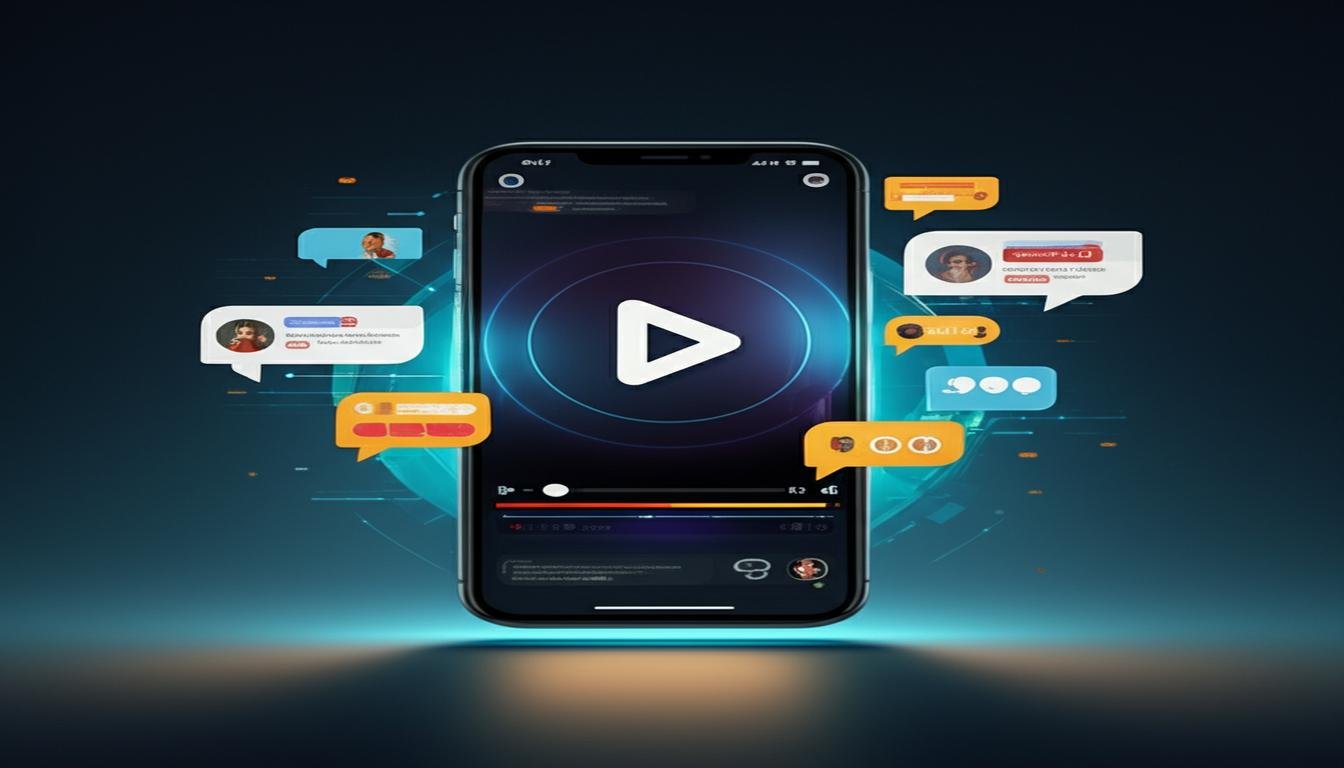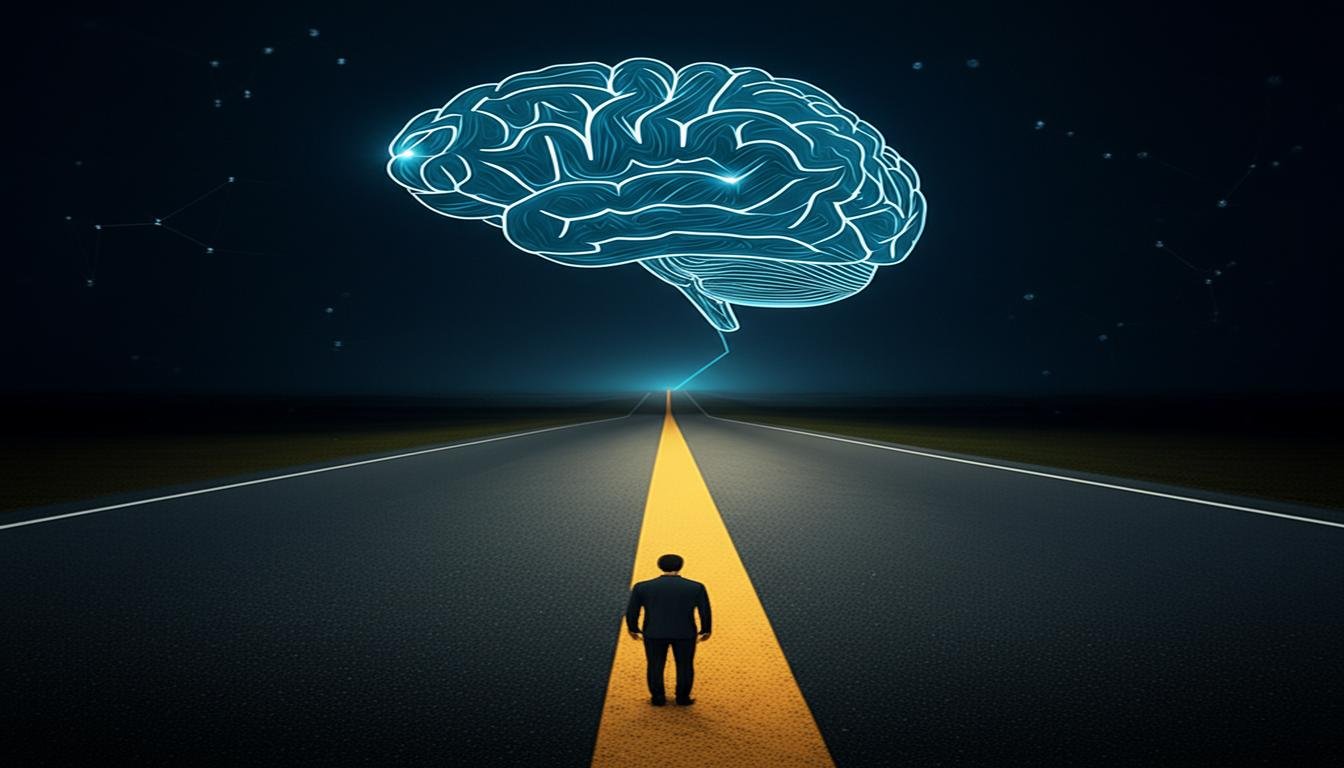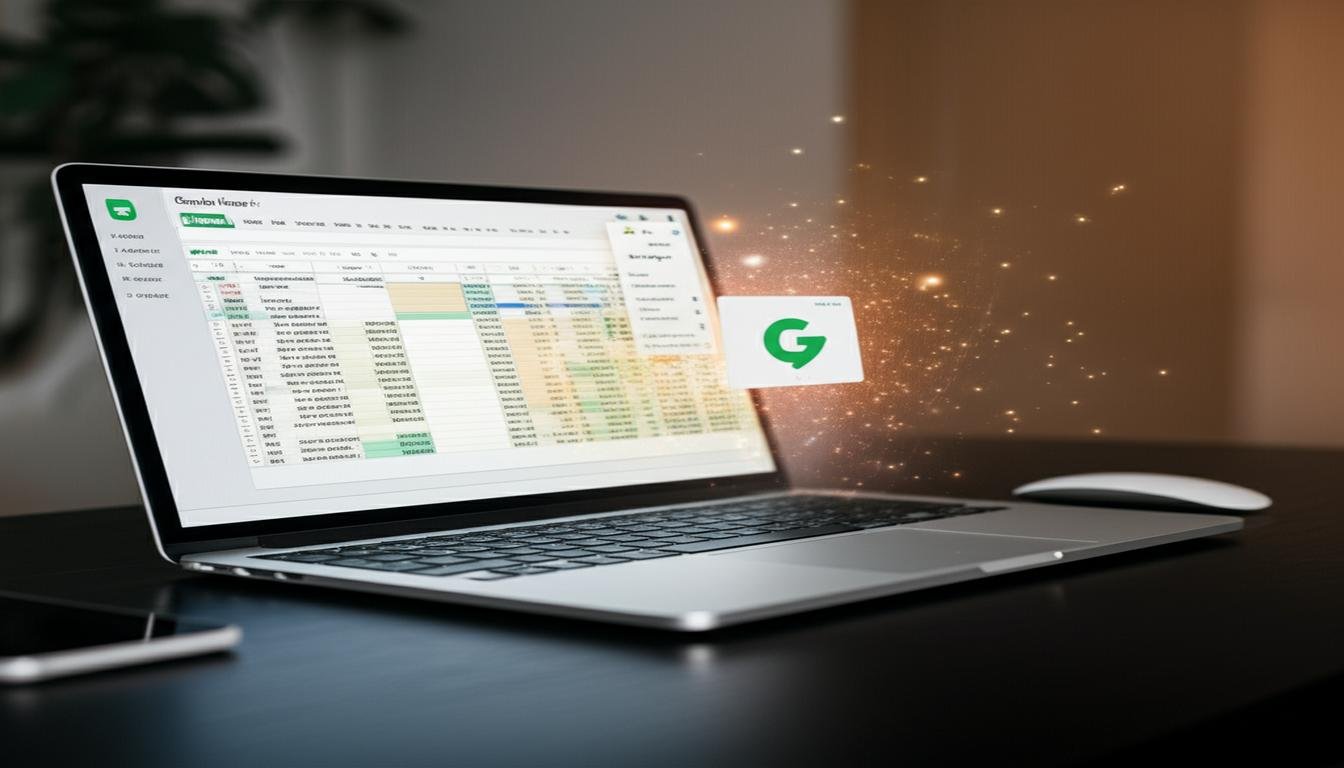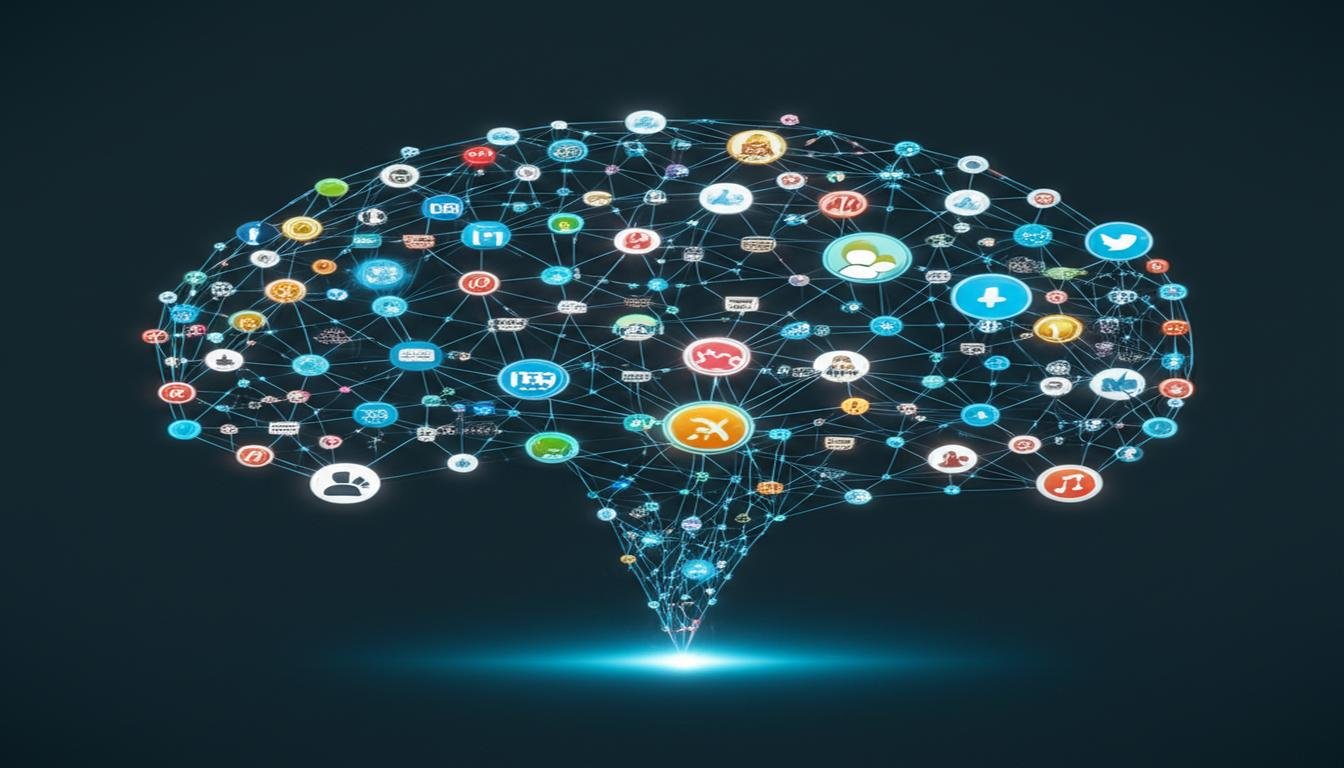AI-Generated Music Hits Spotify Charts — You Won’t Know It’s Fake
Imagine this: you’re scrolling through Spotify, your headphones on, and a new track pops up on a popular playlist. It’s got a catchy beat, a memorable melody, and just the right vibe. You tap the heart icon, add it to your daily mix, and maybe even look up the artist. But what if I told you that compelling tune wasn’t crafted by a human musician, but by an artificial intelligence?
It sounds like science fiction, doesn’t it? Yet, it’s increasingly becoming our reality. AI-generated music is quietly, and sometimes not so quietly, making its way onto Spotify’s most-streamed charts. And the truly mind-blowing part? You probably won’t even realize it.
The Quiet Ascent of AI in Music Production
For years, artificial intelligence has been a tool in the music world, assisting with mastering or recommending songs. But now, generative AI has evolved. These sophisticated algorithms don’t just help; they create. By analyzing vast databases of existing music – genres, harmonies, rhythms, vocal styles – AI systems learn the patterns and then generate entirely new compositions from scratch.
Think of it as a super-fast, endlessly creative apprentice that understands music theory and popular trends inside and out. From ambient soundscapes perfect for studying to upbeat pop anthems, AI can now produce a diverse range of audio tracks. And the quality? It’s often indistinguishable from human-made tunes.
Why You Can’t Tell It’s Not Human
So, what makes these synthetic music creations so convincing? A few key factors are at play:
Sophistication in Sound
Modern AI tools are incredibly advanced. They can mimic instrument sounds with stunning realism, from a soulful guitar riff to intricate drum patterns. More importantly, they’re learning to inject emotional depth and nuance into their compositions. This means the AI isn’t just generating random notes; it’s creating music that resonates, follows genre conventions, and even sounds “authentic.” The sonic quality is top-notch, often professionally mixed and mastered.
Speed and Scale
One human artist might spend weeks or months perfecting an album. An AI, however, can churn out hundreds, even thousands, of unique tracks in the same timeframe. This allows for a massive influx of new digital music onto streaming platforms. Publishers or labels using AI can rapidly test what resonates with listeners, quickly adapting and pushing successful tracks up the charts.
Anonymity is Key
Many of these AI-generated songs aren’t openly labeled as such. They might be released under generic artist names, production collectives, or even as “ghost-produced” tracks for existing acts. This lack of clear disclosure means listeners interact with the music based purely on its sound, without any preconceived notions about its origin. The focus remains on the listening experience, not the creator.
Who’s Behind the AI Beats?
It’s not just big tech companies pioneering this. While some startups specialize in creating AI music libraries for licensing, individual creators and independent labels are also experimenting. Here’s a peek at the varied landscape:
- AI Music Startups: Companies like AIVA or Amper Music use AI to generate music for film scores, video games, or background tracks.
- Independent Producers: Savvy individuals are leveraging AI tools to quickly prototype ideas, generate loops, or even create full songs to upload to streaming services.
- “Ghost” Production Houses: Some entities use AI to create high-volume, genre-specific tracks for playlists, often without attaching a prominent artist name.
Impact on Artists and the Music Industry
The rise of AI-generated music brings both exciting possibilities and complex questions for everyone involved in the music world.
Opportunities and Challenges for Artists
For human artists, AI can be a powerful co-pilot. It can generate inspiration, create backing tracks for practice, or even help overcome creative blocks. Imagine an AI offering endless variations on a chord progression you’re working on! However, it also introduces stiff competition. Questions about originality, fair compensation for human creators, and the very definition of “art” are becoming central to the conversation.
The Listener’s Dilemma
For us, the listeners, the core question might be: does it matter who or what made the music if it moves us? If an AI creates a beautiful, catchy song, is it any less enjoyable? This shift forces us to re-evaluate our connection to music and the artists behind it. Are we connecting with a human story, or just a pleasing sequence of sounds?
What’s Next for Music?
AI-generated music is no longer a futuristic concept; it’s a current reality shaping the soundscape of our favorite streaming platforms. From background music in videos to charting hits, its presence is growing. The line between human and machine creativity is blurring faster than many anticipated, offering a fascinating, if sometimes unsettling, glimpse into the future of art.
So, the next time you’re enjoying a new song on Spotify, take a moment to wonder. You might just be grooving to a track born from algorithms. And honestly? You probably won’t even know it’s “fake.” The best thing we can do is stay curious, keep exploring, and enjoy the incredible diversity of music, no matter its origin.



